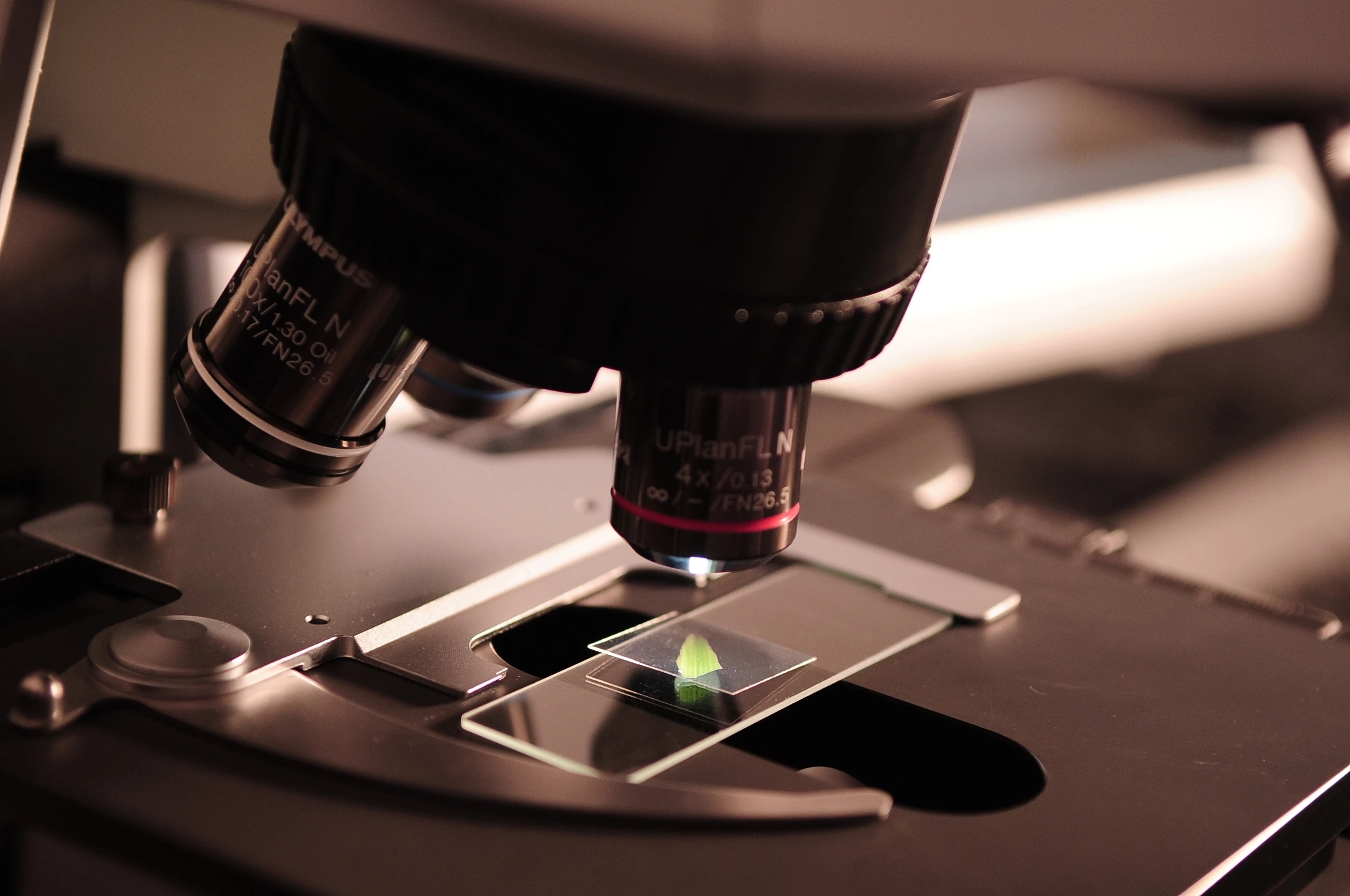
Yorkshire company receives funding to combat antibiotic resistance
Whitby company Natures Laboratory has just received a major funding award worth over 180K to help meet the worldwide crisis in antibiotic resistance.
WHO (World Health Organisation) put antibiotic resistance in its top ten global public health threats. The harsh reality is that the drugs don’t work anymore. We are now facing infections where no antibiotics can help.
Propolis is made from resins which the bees collect from trees and plants. They take the resins back to the hive, process them through their enzymatic system and then combine them with wax. They use propolis to seal up the hive against infection making the beehive one of the most sterile environments known to man.
Research since the end of WW2 has shown that propolis has antibiotic, anti-inflammatory, anti-fungal and anti-tumoral properties. For the beehive, propolis is its immune defence mechanism and according to Natures Laboratory’s CEO James Fearnley it does just the same for us humans.
CEO James Fearnley it does just the same for us humans. “Natures Laboratory has been researching the role of propolis as a medicine for over 30 years. I feel that our work has for years been like a candle burning in the bright sunlight - nobody recognised its light.
“But as the problem of antibiotic resistance has grown bigger and darker we are beginning to be seen as a real and potential help for what has seemed like an increasingly dangerous, global and insoluble problem.
“We have known about the anti-microbial activity of propolis since the 1940’s and our own research in 1998 at University of Oxford confirmed this.
“During the last 30 years we have, with our university research colleagues in this country and round the world, published over 30 scientific reports about propolis and have made some remarkable discoveries.
“Our most dramatic discovery came just over a year ago during the COVID lockdown in work we are funding at Leeds Becket University.
“We discovered that if you combine propolis with antibiotics that have effectively stopped working (like penicillium) they start working again. Exactly why and how this works we are still working on but obviously the potential benefits of combining antibiotics and propolis are enormous.”
Looking to promote your product/service to SME businesses in your region? Find out how Bdaily can help →
Enjoy the read? Get Bdaily delivered.
Sign up to receive our popular Yorkshire & The Humber morning email for free.






 A legacy in stone and spirit
A legacy in stone and spirit
 Shaping the future: Your guide to planning reforms
Shaping the future: Your guide to planning reforms
 The future direction of expert witness services
The future direction of expert witness services
 Getting people into gear for a workplace return
Getting people into gear for a workplace return
 What to expect in the Spring Statement
What to expect in the Spring Statement
 Sunderland leading way in UK office supply market
Sunderland leading way in UK office supply market
 Key construction developments in 2025
Key construction developments in 2025
 Mediation must be part of planning process
Mediation must be part of planning process
 From apprentice to chief financial officer
From apprentice to chief financial officer
 Don't stifle growth with apprenticeship cuts
Don't stifle growth with apprenticeship cuts
 The start-up landscape: What lies ahead in 2025
The start-up landscape: What lies ahead in 2025
 JATCO adds welcome drive to automotive sector
JATCO adds welcome drive to automotive sector